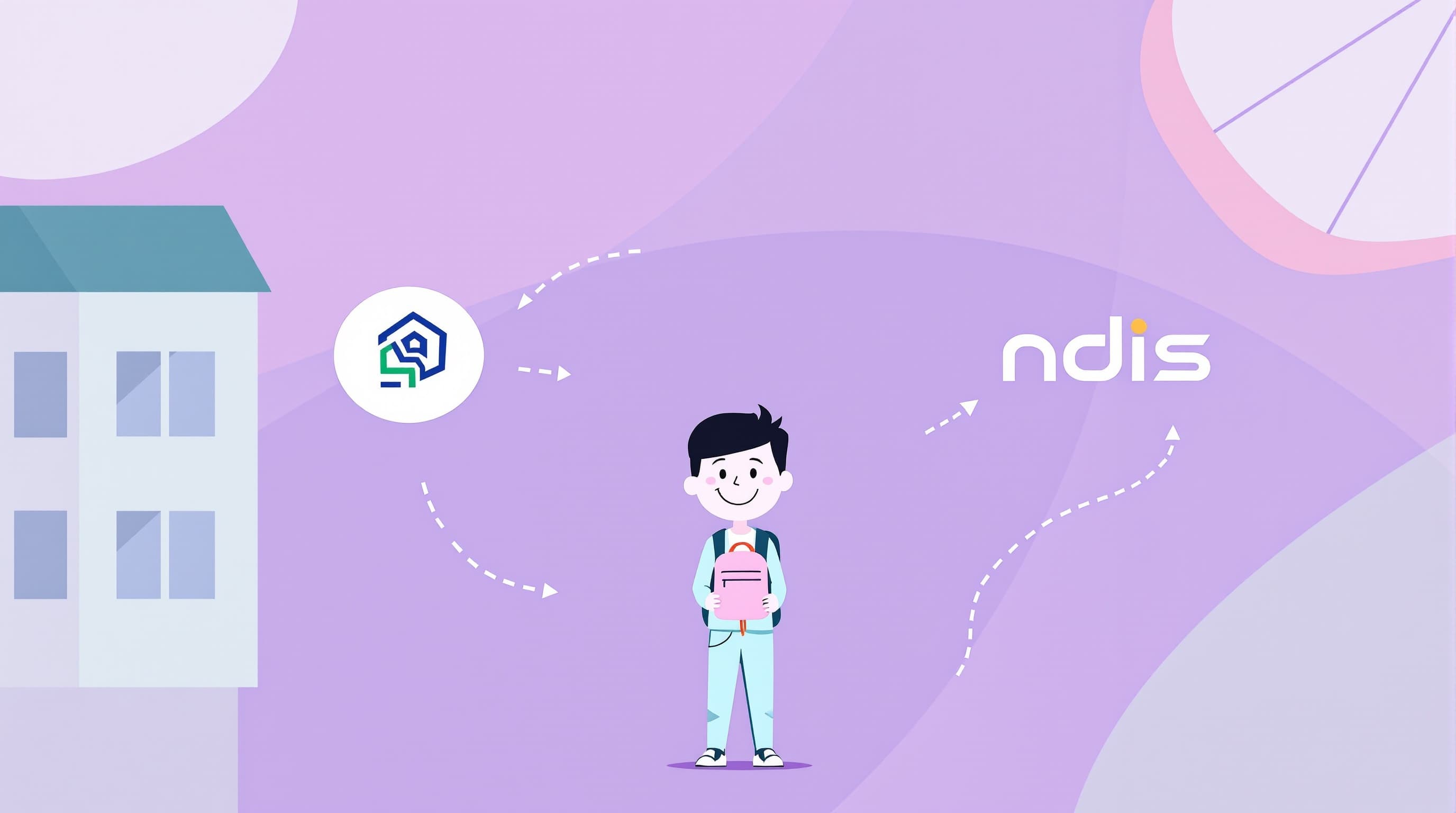NDIS Insight
ndis
Clarifying Roles: How Schools and the NDIS Should Work Together for Students
Updated 8/18/2025
Explore how schools and the NDIS collaborate to support students, ensuring a clear delineation of roles and effective service delivery.
7 min read

ndis
disability-support
NDIS and schools
NDIS collaboration